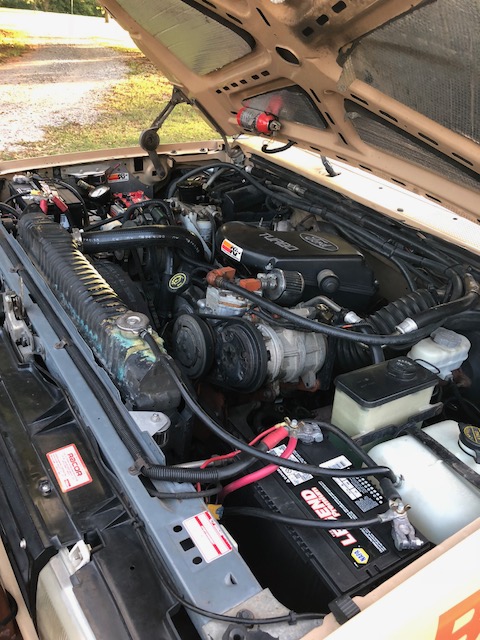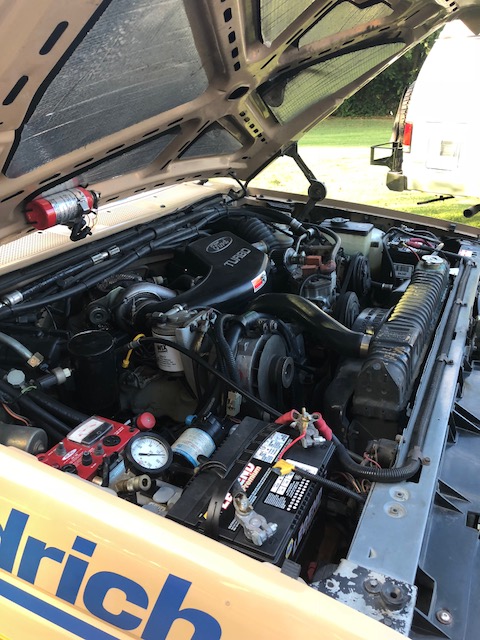ratkin
Adventurer
While perusing the Expedition Portal Classified listing on The Turtle III and reminiscing about reading the old articles in Four Wheeler magazine back in high school when i spotted these two photos:


I noticed what appeared to be a red fire extinguisher mounted to the hood with a cable routed through the bracing, to the opposite corner, and into the cabin! Pretty cool, and the location it's mounted would have been a blessing for this poor Jeep owner and may have kept him from having a total loss!
Anyone have any details on the system the Wescott's installed or the story behind it?
Thanks,
Richard


I noticed what appeared to be a red fire extinguisher mounted to the hood with a cable routed through the bracing, to the opposite corner, and into the cabin! Pretty cool, and the location it's mounted would have been a blessing for this poor Jeep owner and may have kept him from having a total loss!
Anyone have any details on the system the Wescott's installed or the story behind it?
Thanks,
Richard

